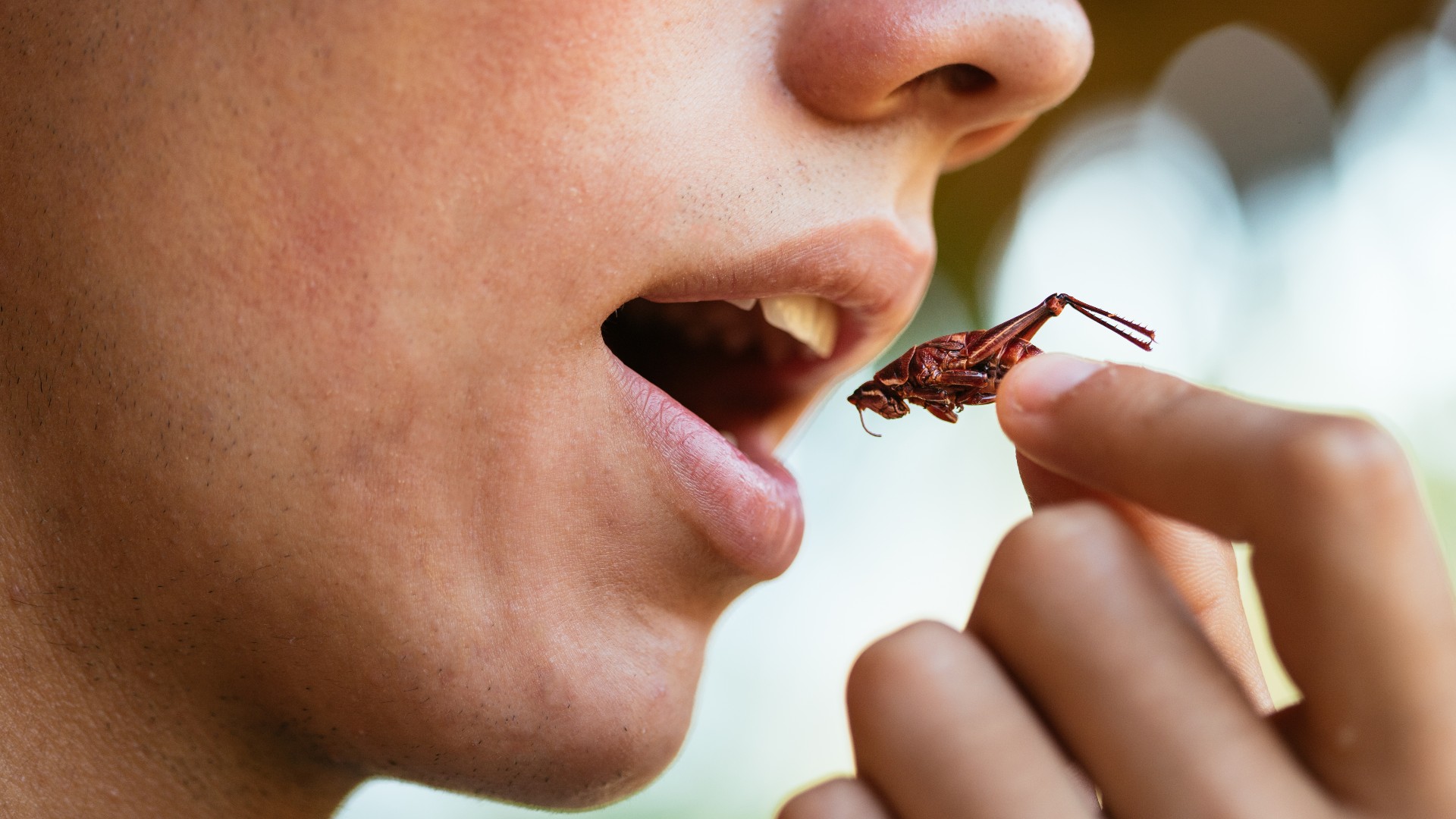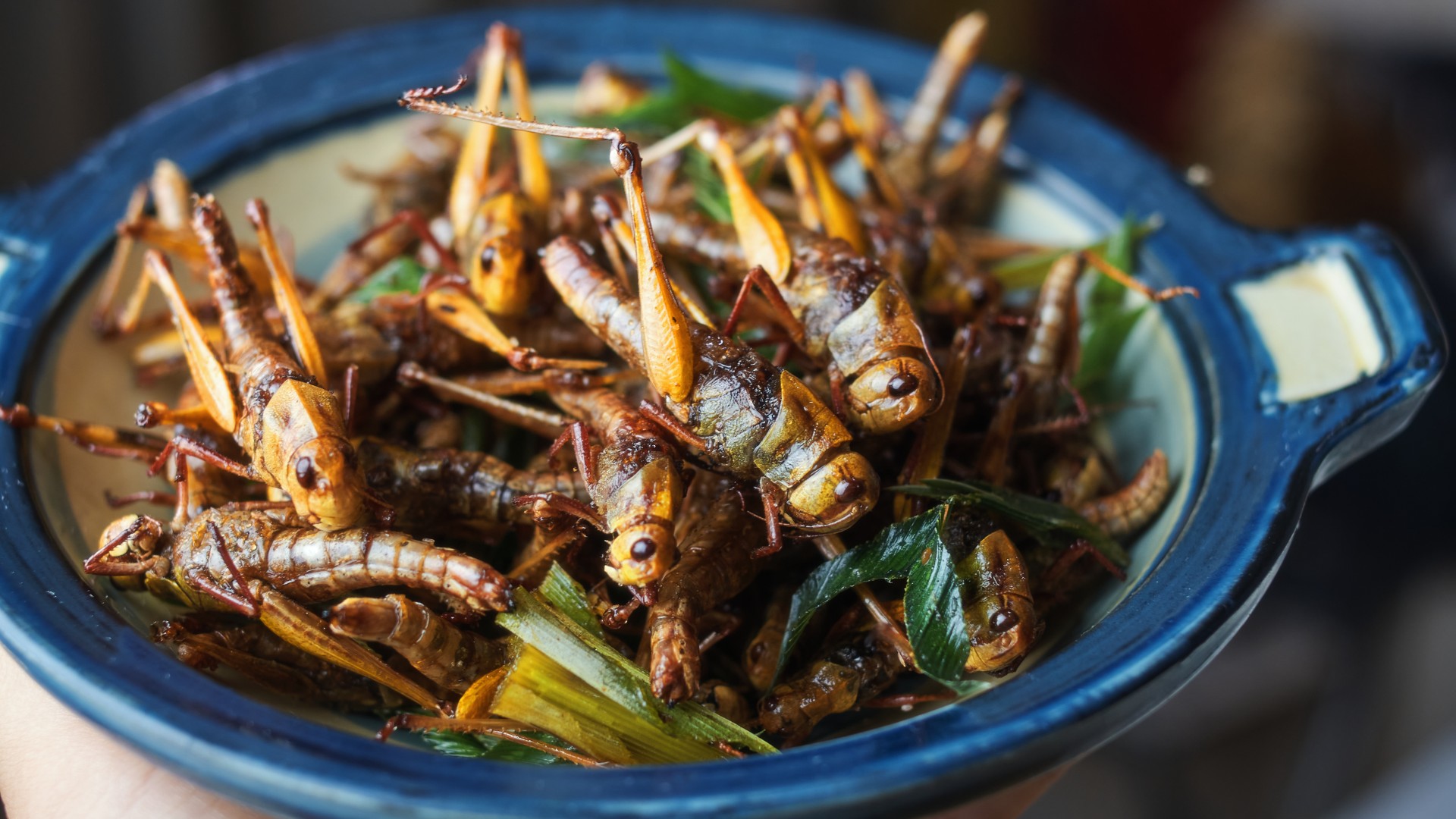
Get the world’s most fascinating discoveries delivered straight to your inbox.
You are now subscribed
Your newsletter sign-up was successful
Want to add more newsletters?

Delivered Daily
Daily Newsletter
Sign up for the latest discoveries, groundbreaking research and fascinating breakthroughs that impact you and the wider world direct to your inbox.

Once a week
Life's Little Mysteries
Feed your curiosity with an exclusive mystery every week, solved with science and delivered direct to your inbox before it's seen anywhere else.

Once a week
How It Works
Sign up to our free science & technology newsletter for your weekly fix of fascinating articles, quick quizzes, amazing images, and more

Delivered daily
Space.com Newsletter
Breaking space news, the latest updates on rocket launches, skywatching events and more!

Once a month
Watch This Space
Sign up to our monthly entertainment newsletter to keep up with all our coverage of the latest sci-fi and space movies, tv shows, games and books.

Once a week
Night Sky This Week
Discover this week's must-see night sky events, moon phases, and stunning astrophotos. Sign up for our skywatching newsletter and explore the universe with us!
Join the club
Get full access to premium articles, exclusive features and a growing list of member rewards.
Many of us would turn up our noses at the idea of edible insects, but they are actually a valuable source of protein and are already eaten by many cultures across the world. Edible insects are generally cheap to feed and raise and take up very little space, making them a more environmentally-friendly alternative to other protein sources such as beef, chicken, and even soy products.
A review in the journal Food Chemistry indicates that insects provide an excellent source of dietary protein, vitamins, mineral and lipids, as well as providing a good source of fiber if the exoskeleton is consumed.
Another review in the journal Molecular Immunology estimates that around two billion people globally already include insects as a part of their day-to-day diets, with popularity in South America, Asia and Africa. The review also indicates that there is some overlap in insect allergies with seafood allergies and dust mite allergies, which should be considered when eating insects.
Related: What is the largest arachnid to ever live?
Research in the journal Biotechnological Advances found that the protein content of insects is 40% to 75% of total dry weight, which is huge compared to even protein-dense fish such as tuna, which comes in at 30%, and chicken breast at 21%. The research also suggests that insect proteins have a high concentration of essential amino acids (46% to 96%) and a high rate of digestibility (77% to 98%). With this in mind, some insect sources may be a better source of complete protein than high-protein foods we commonly eat.
It is also worth noting that insect products already exist in many foods we consume in the west. Cochineal, a red food coloring, is made from crushed beetles, and cereal products contain a certain amount of insect bits that get caught up in the production process.
While you may not be ready to eat a deep fried cricket as a side dish, insects are already very much a part of the human diet.
Get the world’s most fascinating discoveries delivered straight to your inbox.
We spoke to Dr. Birgit Rumpold, a research associate in the Department of Education for Sustainable Nutrition and Food Science at the Technical University of Berlin.
When asked what the best insect for human consumption would be, Rumpold told us: "From an economic point of view, the best insect would be an insect that can be reared sustainably on unused, organic waste (needs also little space, energy and water during rearing), is robust towards insect diseases, temperature and other stress, easy to rear, harvest, process and store, is nutritious (which is also highly dependent on the insect feed), tastes good and is acceptable or accepted by the respective consumers as food and feed."

Dr. Birgit Rumpold is a research associate in the Department of Education for Sustainable Nutrition and Food Science at the Institute for Vocational Education and Training at the Technical University of Berlin. She is an associate editor of the Journal of Insects as Food and Feed . Previously, Rumpold was a guest researcher at the Leibniz Institute for Agricultural Engineering and Bioeconomy.
She continued, "there are millions of insect species, and approx. 2,100 edible insect species have been reported in literature. At the current state of the art, the black soldier fly appears to be one of the best species as feed for aquaculture and livestock."
As well as the value insects have as a novel source of protein for people, they can be useful components of the food supply chain in other ways. A review in the journal Waste Management explains that insects can be useful in repurposing food waste, as after consuming the waste these insects can be used as animal feed, fertilizer and even to feed humans. The short life cycle of most edible insects also means that they are quick to mature and enter the supply chain, where some animals, like beef cattle, may take years to raise.
A 2022 study in The Science of the Total Environment also found that black soldier fly larvae (a commonly used edible insect) reduced organic matter from between 40.97% to 46.07%, further illustrating their value in the food waste disposal process.
Rumpold added: "In comparison to conventional livestock in general, insects have a higher feed conversion efficiency, i.e. they need less amount of feed for the production of 1kg (2.2lbs) biomass, have a higher fecundity (e.g. the common house cricket lays up to 1,500 eggs over a period of about a month (Nakagaki & Defoliart, 1991), are mostly omnivorous and can be reared on organic waste, are equally nutritious and take up less space in the rearing process.
"It has even been indicated that insects might contribute less greenhouse gases than pigs and cattle."
Originally published on Live Science.

Lou Mudge is a health writer based in Bath, United Kingdom for Future PLC. She holds an undergraduate degree in creative writing from Bath Spa University, and her work has appeared in Live Science, Tom's Guide, Fit & Well, Coach, T3, and Tech Radar, among others. She regularly writes about health and fitness-related topics such as air quality, gut health, diet and nutrition and the impacts these things have on our lives.
She has worked for the University of Bath on a chemistry research project and produced a short book in collaboration with the department of education at Bath Spa University.
 Live Science Plus
Live Science Plus












